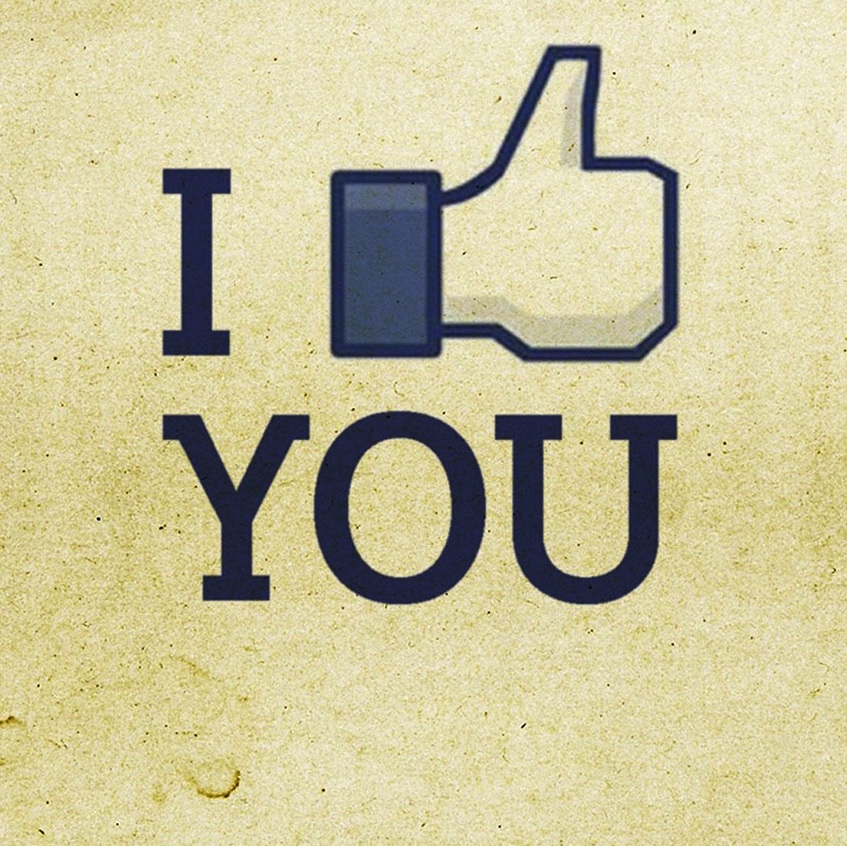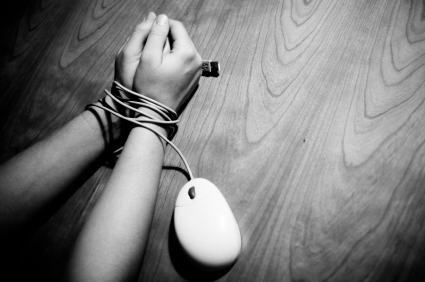
 Add one more to the tally, after Franzen, after Marche, after Turkle. The Wall Street Journal‘s “Smart Money” blog, Pay Dirt, which does a lot of interesting behavioral economics writing, performed a quick psychoanalytic survey of the madness of Facebook “liking,” in wake of the IPO attention the company is getting. Its findings were telling if not all that remarkably surprising: we compulsively compare, and the comparison to such inaccurate standards leads to compulsive modes of depression. When we see standards with whom we are well- (or at least perceivedly well-) acquainted, the Law of Liking meets us where we aren’t (ht CTP).
Add one more to the tally, after Franzen, after Marche, after Turkle. The Wall Street Journal‘s “Smart Money” blog, Pay Dirt, which does a lot of interesting behavioral economics writing, performed a quick psychoanalytic survey of the madness of Facebook “liking,” in wake of the IPO attention the company is getting. Its findings were telling if not all that remarkably surprising: we compulsively compare, and the comparison to such inaccurate standards leads to compulsive modes of depression. When we see standards with whom we are well- (or at least perceivedly well-) acquainted, the Law of Liking meets us where we aren’t (ht CTP).
The latest study gives the thumbs down to the ubiquitous “like” button. In a soon-to-be-published study, Larry Rosen, professor of psychology at California State University and author of iDisorder: Understanding Our Obsession with Technology and Overcoming Its Hold on Us, evaluated 800 active Facebook members and found those who most often “like” other people’s activities on Facebook are more likely to show symptoms of “mania” and “compulsivity.” Rosen questioned his subjects about the frequency of their Facebook use and tested them for a range of psychological disorders.
It’s not the first time that studies have linked Facebook with psychological problems. A Utah Valley University study published earlier this year found that that the more social networkers scoured friends’ profiles, the more they believed others led more successful and better lives. And similar research by the American Academy of Pediatrics last year found that children and teenagers can develop “Facebook Depression” when poring over positive status updates and pictures of happy friends.
So why does Facebook appear to make some people unhappy? Experts say it helps foster an online popularity contest. Rosen says people who “like” friends’ updates and pictures may do so in the hope that the favor is returned. One subject told Rosen: “When I post something I keep checking in to see how people are reacting. If I get my usual 5 to 10 comments I feel okay, but when I get 30 or more ‘likes’ I feel super-good.” Dean Bakopoulos, author of “My American Unhappiness,” says he cancelled his account because it creates a highly distorted view of reality that few people can live up to.
Some psychologists say Facebook doesn’t create problems, but could bring out pre-existing ones. Jonathan Cook, a social psychologist at New York’s Columbia University, says his research on the early days of social networking showed people could establish healthy and positive social relationships online. For others, he says it may provide a public manifestation of problems that have previously gone unnoticed: “People already prone to loneliness, depression, or compulsivity may find in Facebook a mirror that reflects and amplifies those predispositions.”

COMMENTS
Leave a Reply












